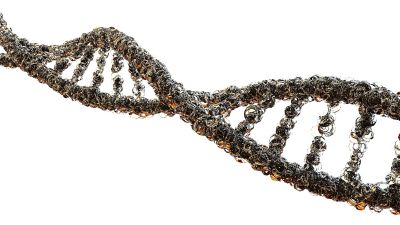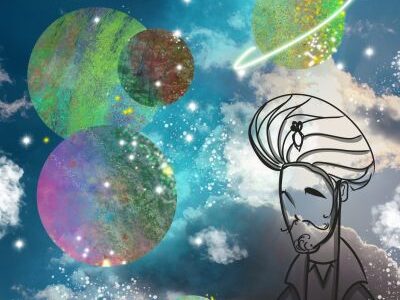Humanity has been struggling with diseases since its existence. Although it is protected by mechanisms such as the innate immune system and breast milk, hundreds of thousands of people leave earthly life every year due to diseases. The pursuit of solutions without acknowledging limitations can lead to profound and delayed repercussions, imposing significant burdens on individuals and society.
AIDS (Acquired Immune Deficiency Syndrome), which has been the object of an intense search for solutions for many years, is a viral immune system disease and is transmitted through blood and other bodily fluids. As a result of the weakening of the immune system, severe infections and cancer may occur.
In 2018, a group of Chinese scientists stated that they redesigned twin embryos developed by in vitro fertilization by changing their DNA with a new method, and they thought that this would work in the fight against common diseases such as AIDS, which have no definite cure. The scientific world reacted to this study by stating that these changes made on embryos can also damage healthy genes, that the damage caused is to be passed onto future generations, and that the human race would be under great threat.
In many places, such as European countries, genetic experiments can only be done for the treatment of genetic diseases. In countries like China, it is done freely, with the exception of human cloning.
In the fight against AIDS, which is transmitted sexually and by blood products, living within the limits determined by preventive medicine and religious values seems to be the cheapest, safest and most definitive solution for protection from AIDS.




